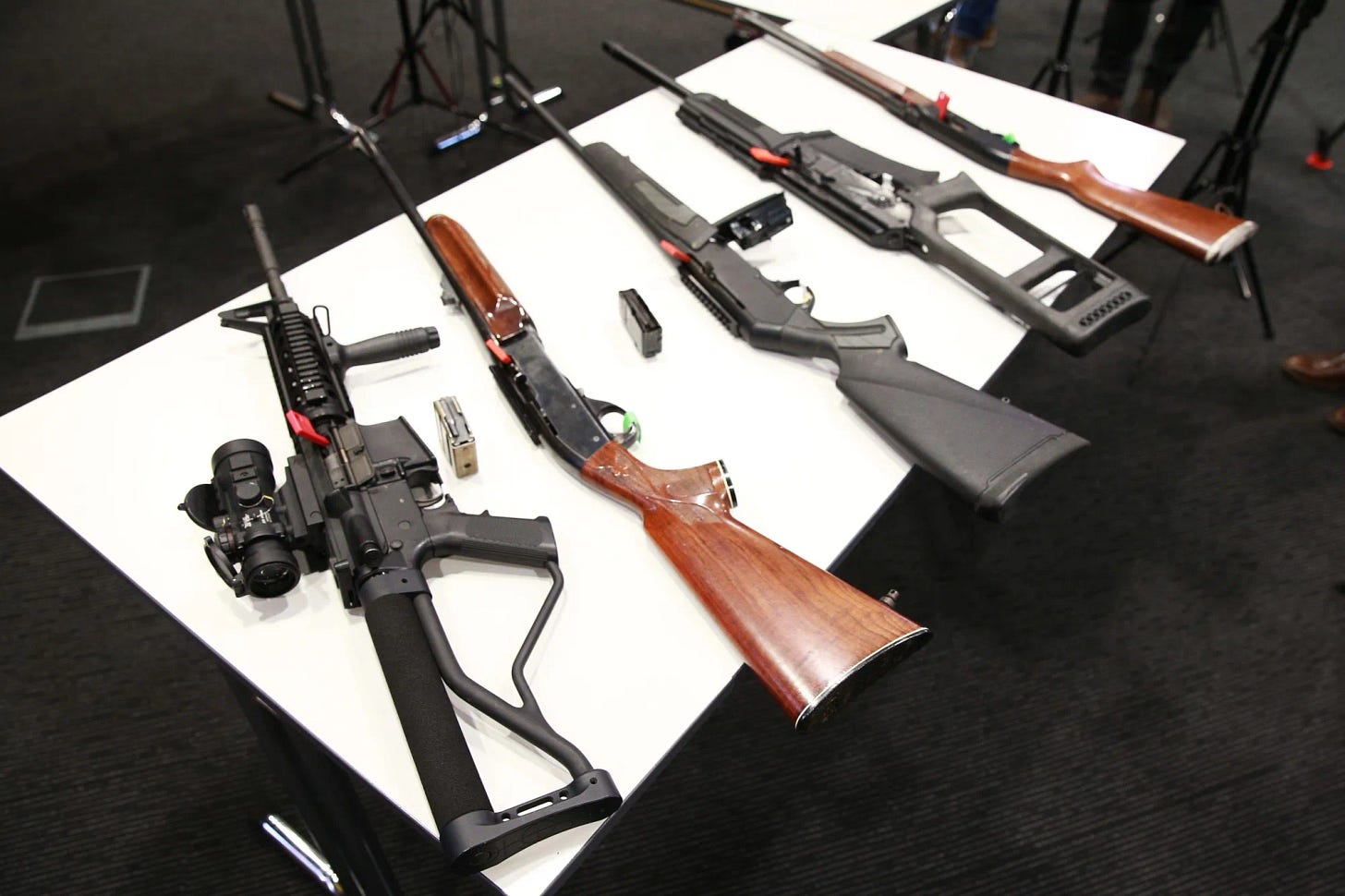New Zealand’s Gun Laws Reflect an Uneasy Peace
Join me as we explore New Zealand’s evolving gun laws, a poignant example of how a nation grapples with collective memory and the uneasy compromises between our desire for safety and the enduring call for individual freedom.
The Trauma’s Lingering Shadow
I remember the palpable shock that rippled across the world after the 2019 Christchurch massacre. It was a wound inflicted not just on New Zealand, but on our collective conscience. In that moment, the nation faced a stark choice, and its response—an immediate, decisive ban on semi-automatic weapons—was a powerful testament to the urgent demand for collective safety. It felt like a line in the sand, a declaration that some freedoms simply could not stand in the face of such devastating violence. This act wasn’t just about law; it was about a profound shift in societal understanding, an attempt to erect a new barricade against an unthinkable future. Yet, as Václav Havel reminded us in “The Power of the Powerless,”
When I speak of living within the truth, I naturally do not have in mind only products of conceptual thought, such as dissertations or declarations. It is a matter of a way of being.
– Václav Havel
This initial legislative ‘truth’ about safety became a new way of being for New Zealand. But as the immediate shock faded, the deeper questions about freedom, responsibility, and the state’s power inevitably resurfaced. The collective response to trauma, while unifying in its urgency, inevitably gives way to a more complex, drawn-out negotiation of societal values. It’s a process we’re all familiar with, where the initial instinct for protection begins to chafe against the enduring human desire for autonomy.
Redrawing the Lines of Liberty
Now, years later, New Zealand is in the midst of refining those initial, sweeping changes. Associate Justice Minister Nicole McKee’s recent proposals highlight the ongoing tension. While the core ban on semi-automatic weapons—a critical assurance for police and those who lost loved ones—remains untouched, other aspects of gun ownership are being eased. This includes removing police from the primary licensing process, extending renewal periods, and offering more flexible storage options. For farmers and pest controllers, who rely on certain firearms, this also means longer licenses for specific semi-automatic weapons. You might wonder how a former gun lobbyist like McKee navigates such a complex landscape. Her very presence reflects the push and pull of this debate, where deep-seated convictions meet the pragmatic demands of governance. Her own proposal to ease bans for sports shooters was ultimately rejected, underscoring that even with political will, the shadow of Christchurch dictates a strict adherence to the safety imperative. These adjustments aren’t a reversal; they are an attempt to create a more livable balance, acknowledging the concerns of gun owners without undermining the core reforms. It’s a delicate dance, always balancing the ideal of security with the reality of individual liberty.
Go Deeper
Step beyond the surface. Unlock The Third Citizen’s full library of deep guides and frameworks — now with 10% off the annual plan for new members.
The Unending Negotiation
When I observe New Zealand’s journey, I can’t help but see a mirror reflecting our own global struggles with freedom and security. We often crave an illusion of absolute safety, believing that enough laws can prevent all future horrors. But as history repeatedly shows, violence is often a symptom of deeper societal fractures, not merely a failure of regulation. These reforms in New Zealand, therefore, are not an endpoint, but a dynamic chapter in an ongoing conversation about what kind of society they want to be. They reveal the evolving values of a nation grappling with its past and future. It reminds me of C.S. Lewis’s profound warning:
Of all tyrannies, a tyranny sincerely exercised for the good of its victims may be the most oppressive. It may be better to live under robber barons than under omnipotent moral busybodies.
– C.S. Lewis
While the intention behind stricter gun laws is noble, the constant negotiation is crucial to ensure that the pursuit of safety doesn’t inadvertently lead to an erosion of essential freedoms. This continuous dialogue, however uncomfortable, is the hallmark of a resilient democracy striving for an honest engagement with the forces of violence, rather than simply wishing them away. It forces us all to confront the uncomfortable truth that absolute security and absolute freedom are often mutually exclusive ideals, demanding a perpetual, uneasy negotiation.



